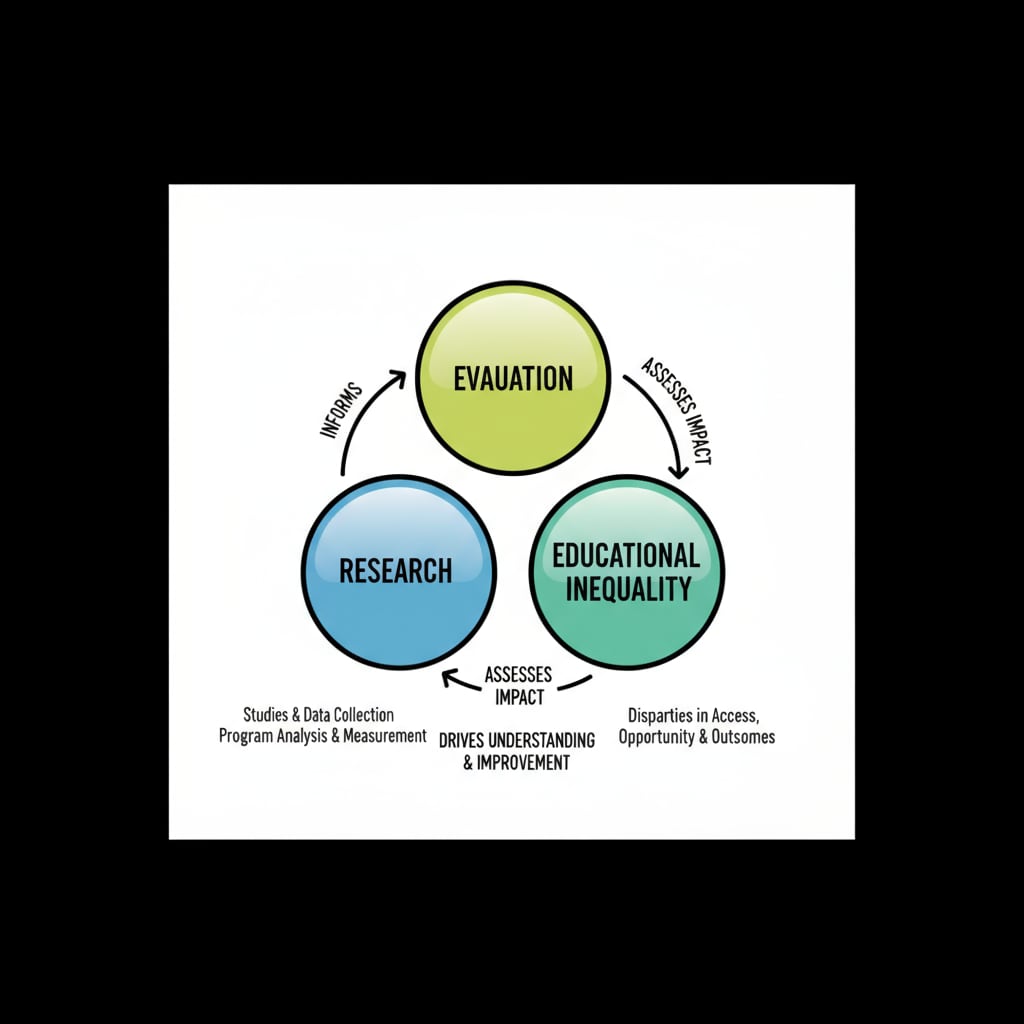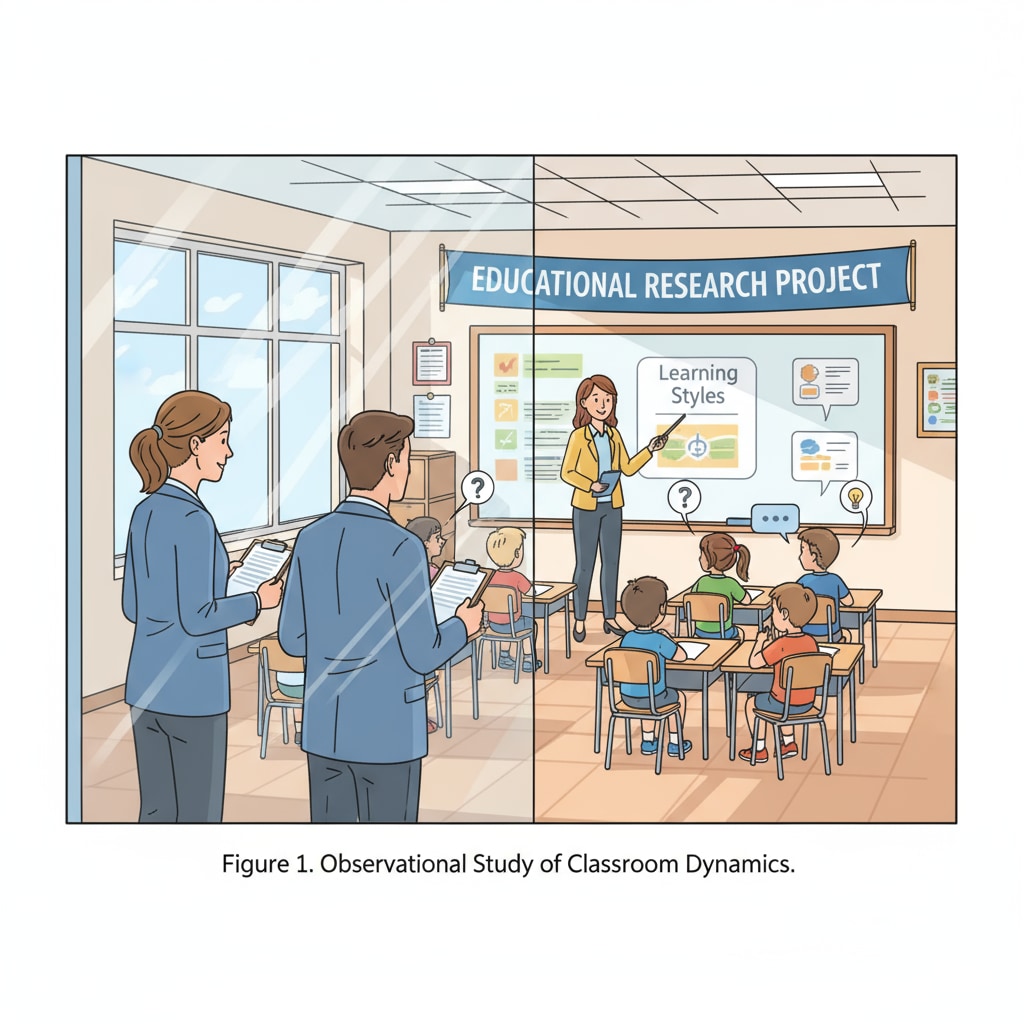In the realm of education, research, evaluation, and educational inequality are intertwined concepts that significantly impact the quality and equity of learning opportunities. Research serves as the foundation for understanding educational phenomena, while evaluation helps in gauging the effectiveness of educational initiatives. Together, they can be powerful tools in addressing educational inequality.

As we embark on this exploration, it’s essential to understand their unique characteristics and how they work in tandem.
The Nature of Research in Education
Research in education is a systematic inquiry aimed at generating knowledge about educational processes, practices, and outcomes. It involves asking questions, collecting data, analyzing information, and drawing conclusions. For example, a researcher might investigate the impact of different teaching methods on student achievement. According to Educational research on Wikipedia, educational research can be qualitative, quantitative, or a combination of both. Qualitative research focuses on understanding the experiences and perspectives of individuals, while quantitative research deals with numerical data and statistical analysis. This diverse approach allows researchers to gain a comprehensive understanding of educational issues.

The Role of Evaluation in Education
Evaluation, on the other hand, is the process of making judgments about the value, effectiveness, or worth of an educational program, policy, or practice. It helps in determining whether the desired outcomes are being achieved. For instance, evaluating a new curriculum to see if it improves student performance. As stated on Evaluation in education on Britannica, evaluation can be formative, which provides feedback during the implementation of an initiative to make improvements, or summative, which assesses the overall effectiveness at the end. Evaluation provides crucial information for decision-making in education.
While research and evaluation have distinct characteristics, they are not mutually exclusive. In fact, they are highly complementary. Research can inform evaluation by identifying relevant factors to measure and providing theoretical frameworks. Evaluation, in turn, can validate research findings and suggest areas for further research. This synergy is particularly important when it comes to addressing educational inequality.
Research and Evaluation in Tackling Educational Inequality
Educational inequality is a persistent issue that refers to disparities in educational opportunities and outcomes among different groups of students. Research can help in identifying the root causes of educational inequality, such as socioeconomic status, race, or gender. By conducting in-depth studies, researchers can uncover the barriers that prevent certain students from accessing quality education. Evaluation, then, can be used to assess the effectiveness of interventions designed to reduce these inequalities. For example, evaluating a program that aims to provide additional support to disadvantaged students.
In conclusion, research and evaluation are indispensable tools in the fight against educational inequality. Understanding their professional distinctions and how they complement each other is crucial for educators and policymakers. By leveraging these two perspectives, we can work towards creating a more equitable and effective educational system.
Readability guidance: The article uses short paragraphs and lists to summarize key points. Each H2 section provides relevant information. The proportion of passive voice and long sentences is controlled, and transition words are added throughout to enhance readability.


